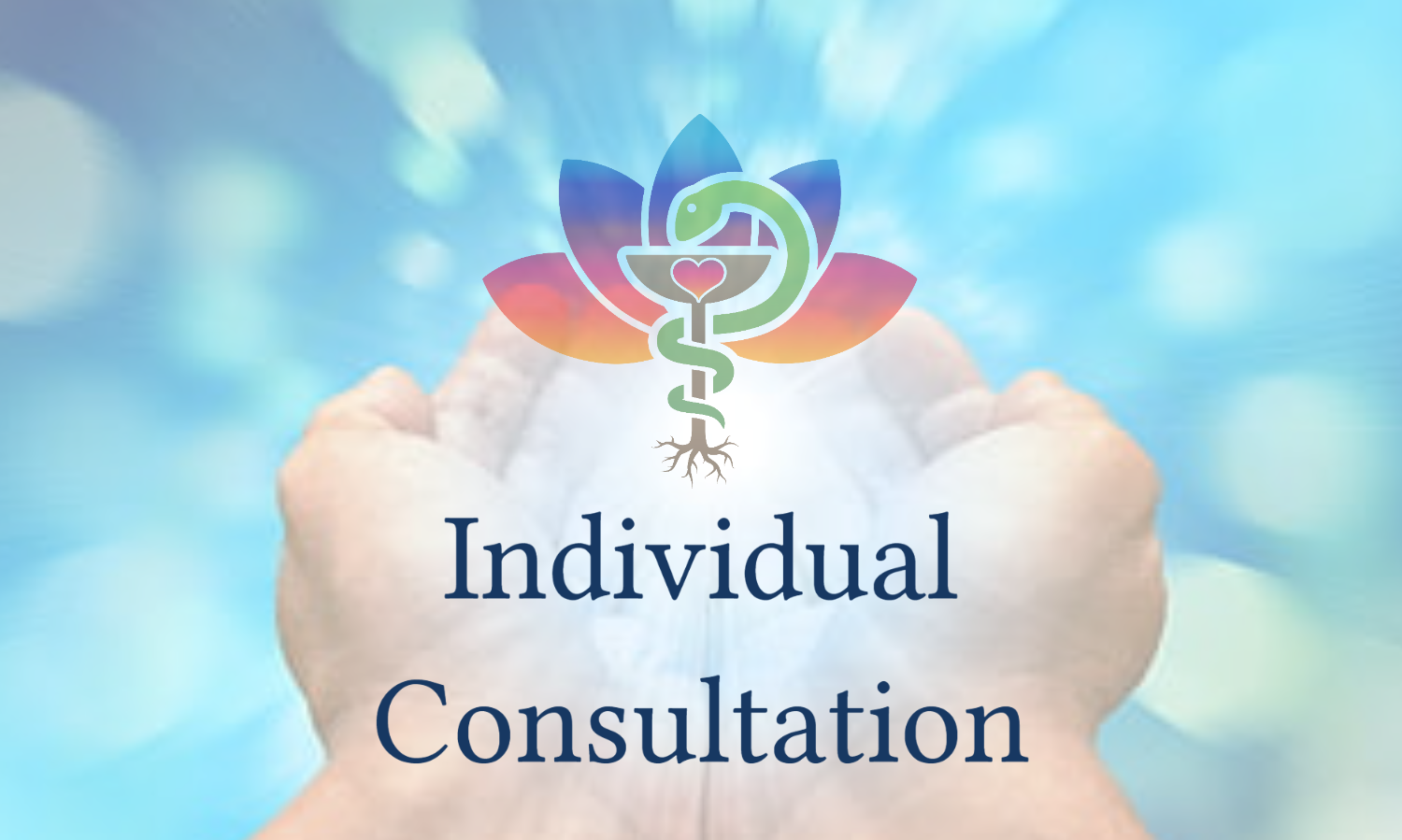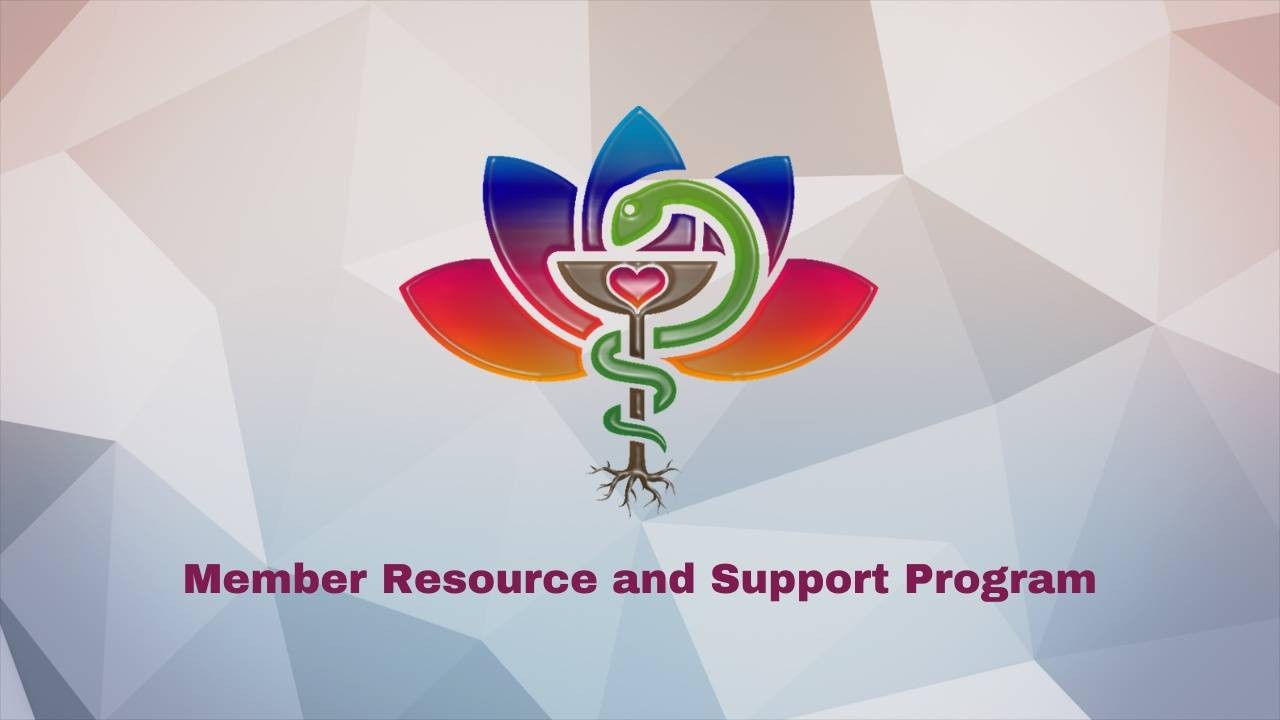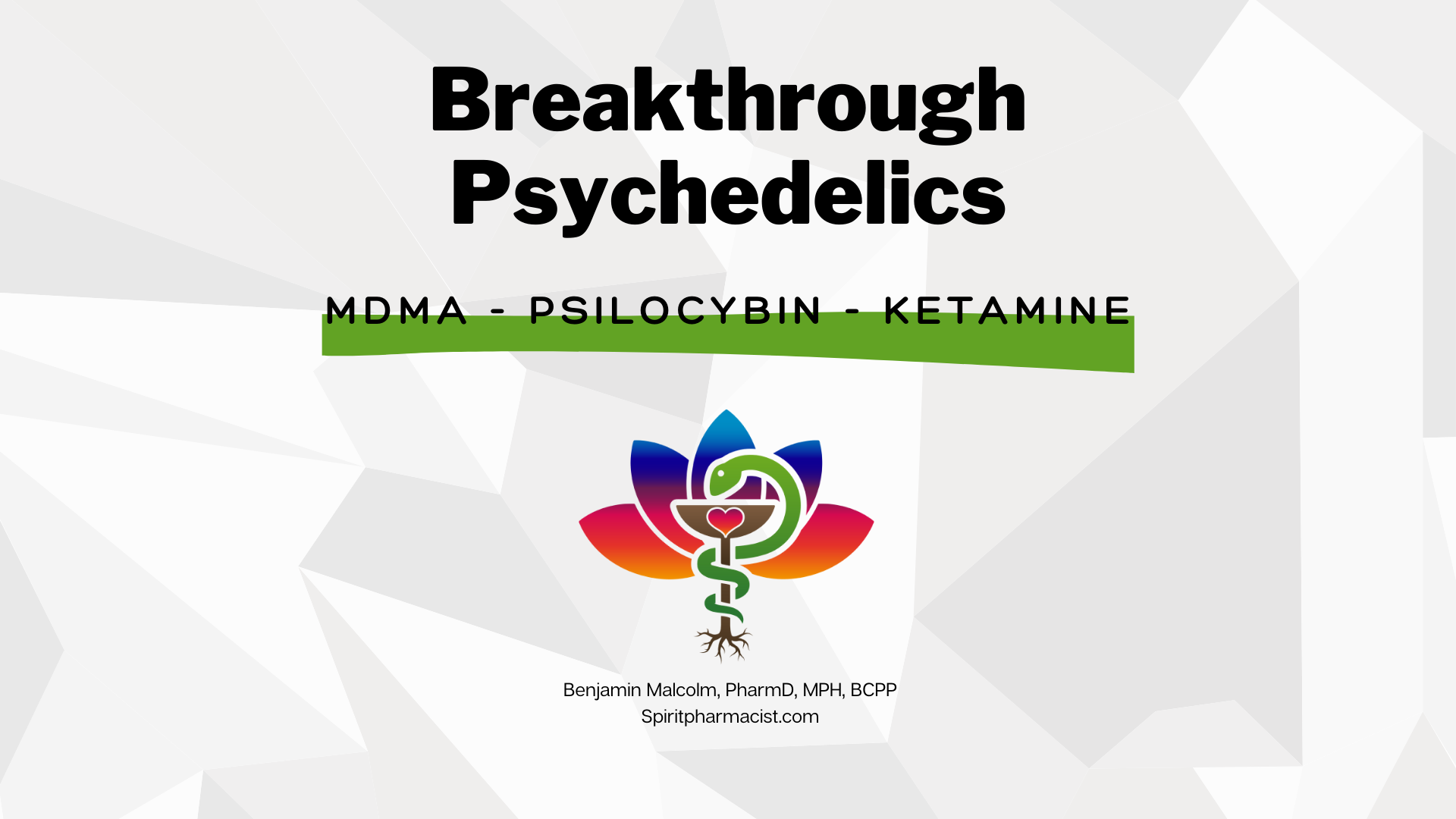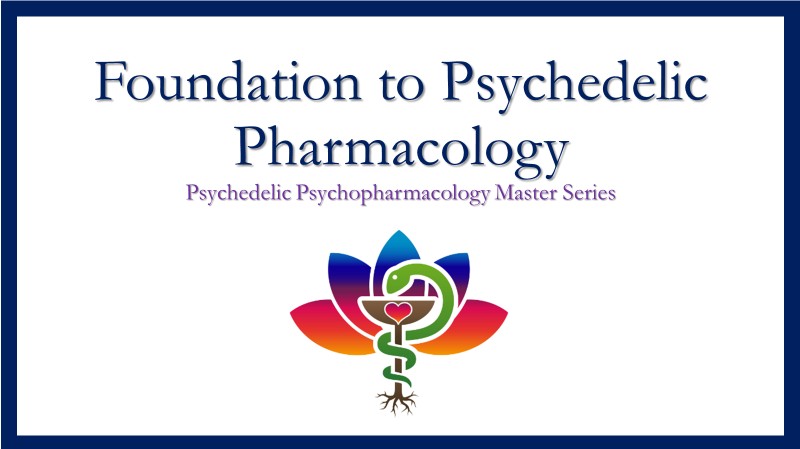Nine Questions For Choosing a Psychedelic Retreat
Nov 29, 2022Choosing a Psychedelic Retreat
Attending a psychedelic retreat can be a great way to experience and benefit from psychedelics. The opportunity to travel, change scenery, take time and space for yourself, and experience psychedelics in controlled or ritualistic environments can create powerful effects. Yet, I've noticed that oftentimes when I'm consulting with a person that is considering attending a psychedelic retreat, that they are often unsure how to evaluate if the retreat is a good fit for them. Many persons are being introduced to psychedelics and they may have limited awareness about potential options for attending a retreat.
The perception of limited options along with a strong desire to try a psychedelic can lead persons into accepting retreat opportunities that may not be optimal, or could even be harmful, traumatizing, or abusive. In this video and text blog, I wanted to outline a set of at least 9 questions that persons can reflect upon when thinking of attending a psychedelic retreat that will help them feel confident their choice is a good one.
Let's walk through the questions now.
Nine Questions to Help Choose a Psychedelic Retreat
1. Is there a screening process that gathers enough information to understand if it's safe for me to use psychedelics?
At minimum, a screening process and intake form should ask persons about medical and psychiatric conditions; prescription, over the counter, and supplements they're taking; allergies and intolerances; recreational substance use, past psychedelic use, and current goals or intentions of psychedelic use. Ideally, the screening process is more holistic and personal, with an aim to understand the position or circumstances a person is bringing to the retreat. Any facilitated psychedelic experience that lacks a screening and intake process is a major red flag and is too loose of a 'set and setting' or container for the experience to be safe.
2. What kind of accommodations, amenities, and recreational activities would be ideal for me?
There's a wide range of retreat centers out there, with some functioning akin to high end medical spas that also serve psychedelics and others focusing on a much more traditional or authentic approach with rustic accommodations. Depending on what a person is accustomed to, the stage of life they're in, budget, and intentions for attending they can narrow options down to those that would be a good 'set and setting' for them.
3. What kind of background, training, and experience does the facilitator or retreat leaders have in serving psychedelics?
This is an area that can be inherently difficult to evaluate due to lack of standardization in the field or a lack of availability to access adequate training programs (this is rapidly changing but historically accurate). Facilitators or retreat leaders should have undergone some kind of training, apprenticeship, or have extensive experience over several years, both with the psychedelic and the kinds of ailments persons they serve commonly have. Persons that are experienced with psychedelics yet know little about the problems persons they serve are facing will likely not be great facilitators and vice versa, persons that are experienced in the problems persons have with little knowledge of psychedelics are also unlikely to be a great facilitator. As general guidance, persons may be appropriately hesitant to attend a retreat with a facilitator that 'discovered psychedelics' less than 5-7 years ago.
4. How much medical oversight would I like or need?
There are varying levels of medical oversight available at different retreat centers with some having medical staff on sight and/or being located relatively close to areas with robust emergency services and others having relatively little or no medical oversight and being located in remote or rural areas with little access to emergency services. Depending on the medical risk of the psychedelic and the person attending, a sensible choice can be made.
5. What is the size and average composition of the group of persons I would be on retreat with?
It may not be obvious from retreat center websites how many other persons typically attend and what types of persons are attracted to their center. Intimate retreats may have as little as 4-10 in attendance. Average or moderate retreats may have 10-25 in attendance, with large retreats serving even more persons. As the size of the retreat goes up, there is a risk for reduced personal attention (this is also dependent on amount of staff). If seeking a place for psychospiritual worship or sacramental use, larger retreats can be good choices, whereas if seeking a place for personal transformation or to work on mental health then smaller sized retreats may allow more space for your process and allow for closer personal bonds with other attendees. It's also worth inquiring as to what kinds of persons usually attend with attention to balance between how many are naïve vs. experienced users and purpose or intentions of users.
6. What type of support structure is available or provided as part of attending the retreat?
Retreat centers can be wonderful places for ingestion of psychedelics and arguably hold many upsides relative to urban, residential, or clinical spaces as far as 'set and setting' is concerned. Yet they typically offer little in the way of support services after persons leave the center. Sometimes, it's easy to feel great at the retreat and suffer a reverse cultural shock and exacerbation of symptoms or intense feelings upon returning to the home environment and usual stresses. There could be higher risks of this occurring when persons stopped psychiatric mediations to attend retreat or have elements of their home environment or lifestyle that are toxic. Many retreat centers are beginning to offer more help or support, however it may not be adequate for your situation. Participants are encouraged to make plans ahead of time and arrange or identify a therapist, psychedelic integration coach, community group, or other support systems that could help them if they were struggling after a retreat. I'm happy to help by consulting with persons in this situation, particularly if there were psychiatric medications discontinued for the retreat.
7. What is the ratio of facilitators or staff to participants?
I've not come across and kind of standard or white paper outlining how much support is adequate or safe for group psychedelic work or retreat center operation. There is little research into group use of psychedelics available in medical literature, although one experiment that used groups of 6 participants had 2 therapists leading for a ratio of 3:1. I believe it's reasonable for retreats to have 1 facilitator or assistant facilitator for every 3-5 persons in attendance. Retreat centers with less support for ingestion can result in inadequate help if multiple persons begin to struggle, which is not uncommon during peak effects when persons all ingest at similar times or group dynamics are at play. At best this results in persons struggling without much support and at worst creates dangerous situations.
8. Are the spiritual beliefs of the facilitator or retreat organization aligned with my own?
It can be off-putting or feel out of place to attend a facility or retreat centers that is strongly predisposed to a particular type of faith or set of beliefs if they don't overlap much or at all with your own. Persons should look for a retreat that is supportive of them and their faith or one that practices in secular way. They should also watch for signs they may be entering into a situation with unhealthy dynamics. Psychedelics are powerful substances that create neuroplastic states as well as emotional vulnerability and suggestibility. There is a potential and history of psychedelic using groups functioning as cults. A charismatic or highly revered lead facilitator, hierarchy among staff or assistants, isolation from the outside world, and conspiritual belief systems are signs of a cult.
9. What is my gut feeling about this retreat opportunity
Now that you've walked through the opportunity offered by the retreat center with some detail to important aspects that will likely shape your experience, what are you thinking? And what is your gut feeling about it? If the website is beautiful and you hop on a call and find the answers to the questions seem adequate, yet there is a nagging feeling something is just off afterwards, then it may be wise to pass on the opportunity.
As much as it is popular and fitting to consider our current time period as part of a 'psychedelic renaissance', it could also be accurate to consider it a 'psychedelic wild west' at the moment, where the retreat participant or attendee should critically evaluate opportunities for psychedelic ingestion. When done well and the participant finds a good fit for them, psychedelic retreats can produce transformative and life-changing outcomes, yet there is also potential for tragic harm due to lack of standards and clandestine operation in other scenarios.
I hope that these questions do some good in helping persons navigate choosing a psychedelic retreat that is safe and beneficial for them.
Stay safe and be well!
Join the Spirit Pharmacist Mailing List
Stay in touch to receive updates on new blogs, courses, special offers, and more. Don't worry, your information will not be shared.








